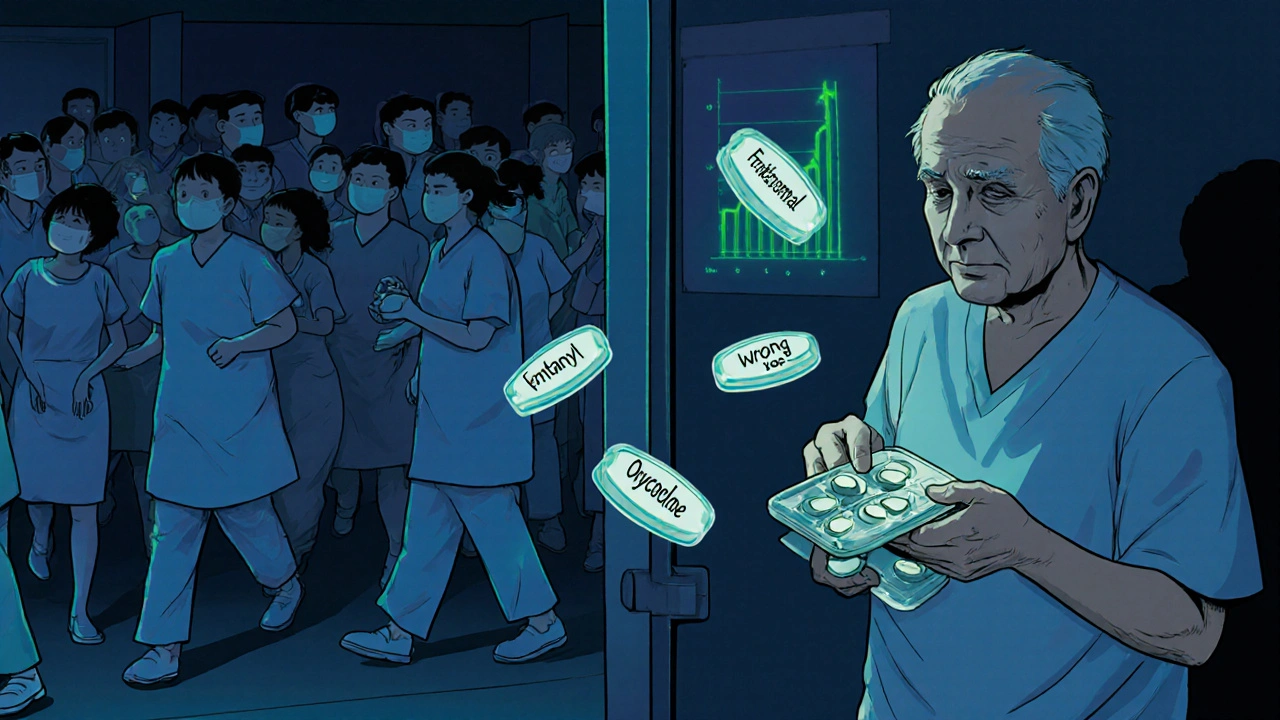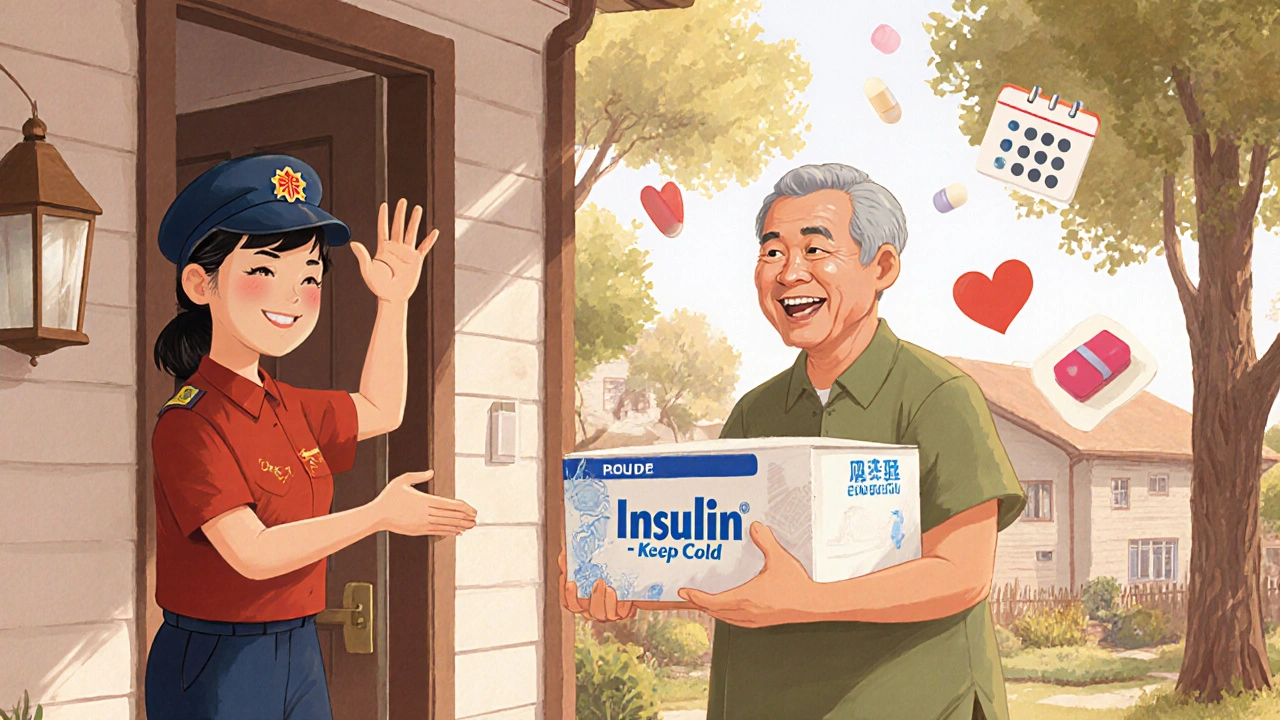Medication Adherence: Why Sticking to Your Prescription Saves Lives
When you're told to take a medicine every day, medication adherence, the practice of taking drugs exactly as prescribed, including timing, dosage, and duration. Also known as drug compliance, it's not just about memory—it's about survival. Missing doses, skipping pills because you feel fine, or stopping early because of side effects can turn a life-saving treatment into a dangerous gamble. Studies show that nearly half of people with chronic conditions don’t take their meds as directed. And it’s not laziness—it’s confusion, cost, or simply not knowing what happens when you skip a day.
Why does this happen? generic medications, lower-cost versions of brand-name drugs that are chemically identical. Also known as generic drugs, they help millions afford treatment are a big part of the story. People switch to generics to save money, but if they don’t understand that these are just as effective, they might doubt whether they’re working. That doubt leads to skipping doses. Then there’s non-adherence, the failure to follow prescribed treatment plans, whether intentional or not. It’s behind 125,000 deaths in the U.S. every year and costs the healthcare system over $300 billion. It’s not just about heart meds or blood pressure pills—it’s about antidepressants that take weeks to work, antibiotics you stop early because you feel better, or insulin you skip because the injections are painful.
What’s the fix? It’s not just reminders or fancy pill boxes. Real change comes when patients understand why their meds matter, when they can afford them, and when their doctor listens—not just lectures. The posts below show how medication adherence connects to real-world problems: how generics cut lifelong costs and make sticking to treatment easier, how certain drugs like antidepressants mess with sleep and make people quit, how complex regimens for kidney or liver disease leave patients overwhelmed, and how laws around generic substitution can confuse even the most diligent patient. You’ll see how cold urticaria sufferers forget their meds because they’re afraid of side effects, how people with ulcers skip painkillers because they hurt their stomach, and how elderly patients juggle ten pills a day and still miss doses. These aren’t hypotheticals—they’re daily struggles. And the solutions? They’re practical, human, and backed by what actually works in clinics and homes, not just in trials.

Why Medication Safety Is a Public Health Priority in Healthcare
Medication errors cause over 1.5 million ER visits annually in the U.S. alone. This article explains why medication safety is a critical public health priority, backed by data on costs, deaths, and proven solutions.
Organizing Your Medications: Best Pill Organizers and Tracking Methods for Safety
Discover simple and effective ways to organize your medications using pill organizers and tracking methods to prevent dangerous errors and improve adherence. Learn what works best for your needs.

How to Use Pharmacy Delivery and Mail-Order for Convenience
Learn how pharmacy delivery and mail-order services help you save money, save time, and stick to your meds with 90-day supplies. Perfect for chronic conditions and busy lifestyles.